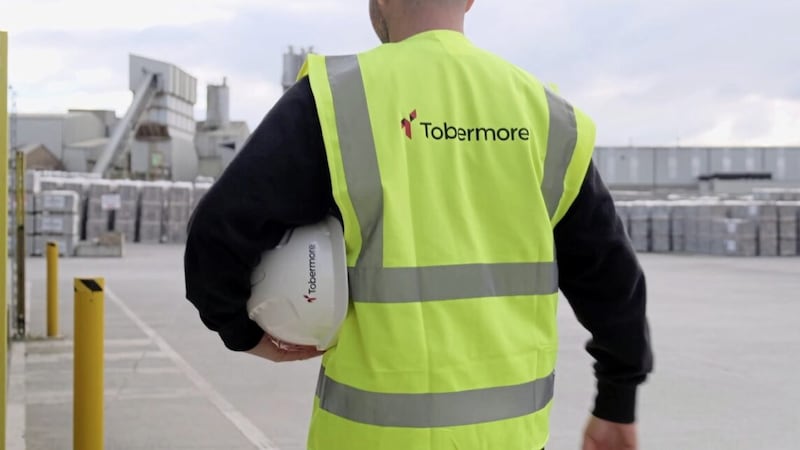IT was reported last week that anti-vaxxers had handed out flyers containing misinformation at a vaccination centre in Craigavon, with some people attending for their jab feeling intimidated.
This is just one example of the opposing beliefs regarding the Covid-19 pandemic. Some feel the pandemic is a hoax, for others it’s conspiracy theories, whilst many hold strong views about vaccines in general or even being required to wear a mask.
But how should employers deal with these beliefs in the workplace?
There are probably several ways these opinions could manifest - the most obvious, that an employee may refuse to be vaccinated, so in turn what does this decision mean for the health and safety of colleagues or customers.
Perhaps of more concern for employers are employees who vocalise those beliefs in the workplace or even outside of the workplace on social media. This could cause upset, particularly where other employees, or their families have suffered bereavement or otherwise been impacted by Covid-19.
As we saw last year, employment law and the courts are willing to protect a person's philosophical belief subject to it satisfying a legal test. This is what happened with ethical veganism in the English employment tribunal but could equally apply in Northern Ireland, and a similar legal challenge could be brought in respect of the anti-vaxx movement.
This poses the question: could a belief in the pandemic being a hoax or holding a belief against vaccines satisfy a similar legal test? It is unlikely, but we will need to wait and see.
One of the key planks of philosophical belief discrimination is that it does not conflict with the fundamental rights of others. It may prove problematic to persuade a tribunal or court that holding a belief that may bring others to harm (by contracting the virus) does not in fact breach the fundamental rights of others.
If such beliefs are found to be protected then like other strands of equality legislation, employers will need to be alert to the possibility of discrimination in the way they deal with those views in the workplace.
However, current employment law and case law is clear, that whilst a person is entitled to hold certain beliefs it could be in breach of an employer's equal opportunities policy and even social media policy (if commenting on social media) if they infringe others’ rights for example by foisting those beliefs onto colleagues or customers.
Whilst the pandemic has thrown up many challenging issues in the workplace, the current mass vaccination programme, and the future return to the workplace for employees may create many more, some of which may end in legal proceedings in the Industrial Tribunal.
It is perhaps only a matter of time before we see an employee alleging discrimination because of their philosophical belief relating to the anti-vaxx movement and therefore the best advice for employers is to continue to tread carefully.
:: Andrew Lightburn (andrew.lightburn@dwf.law) is director (litigation) at DWF Belfast (www.dwf.law)









